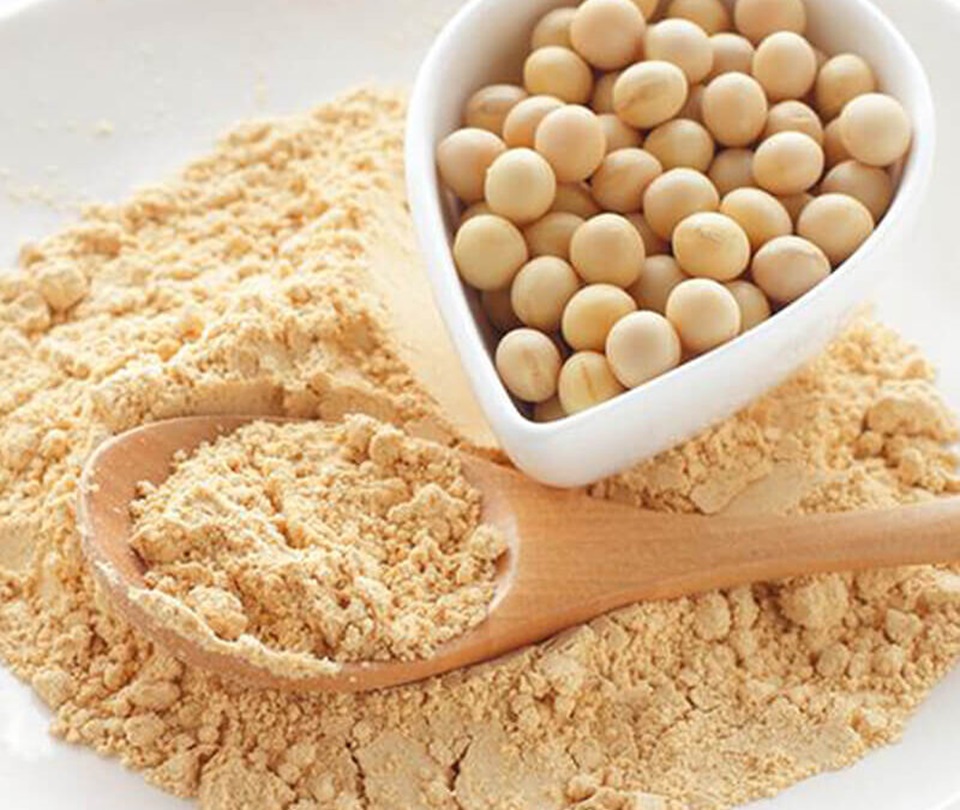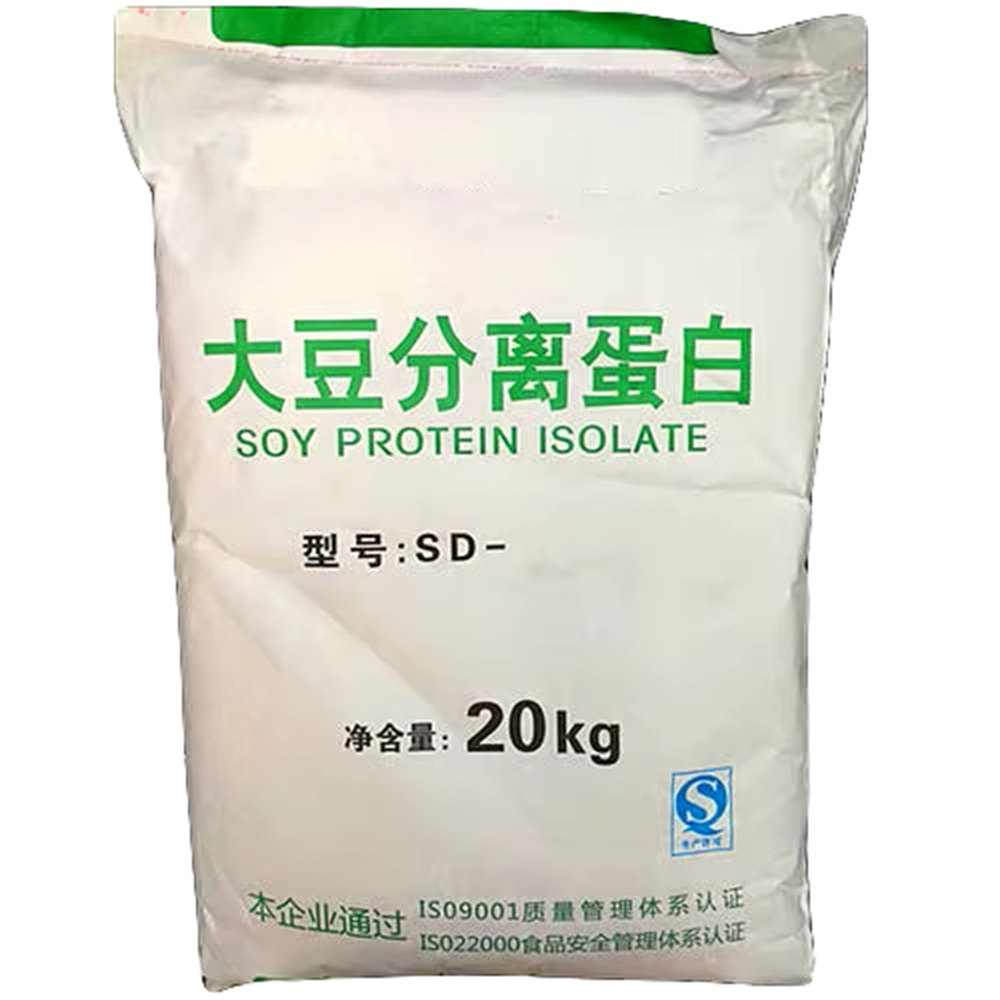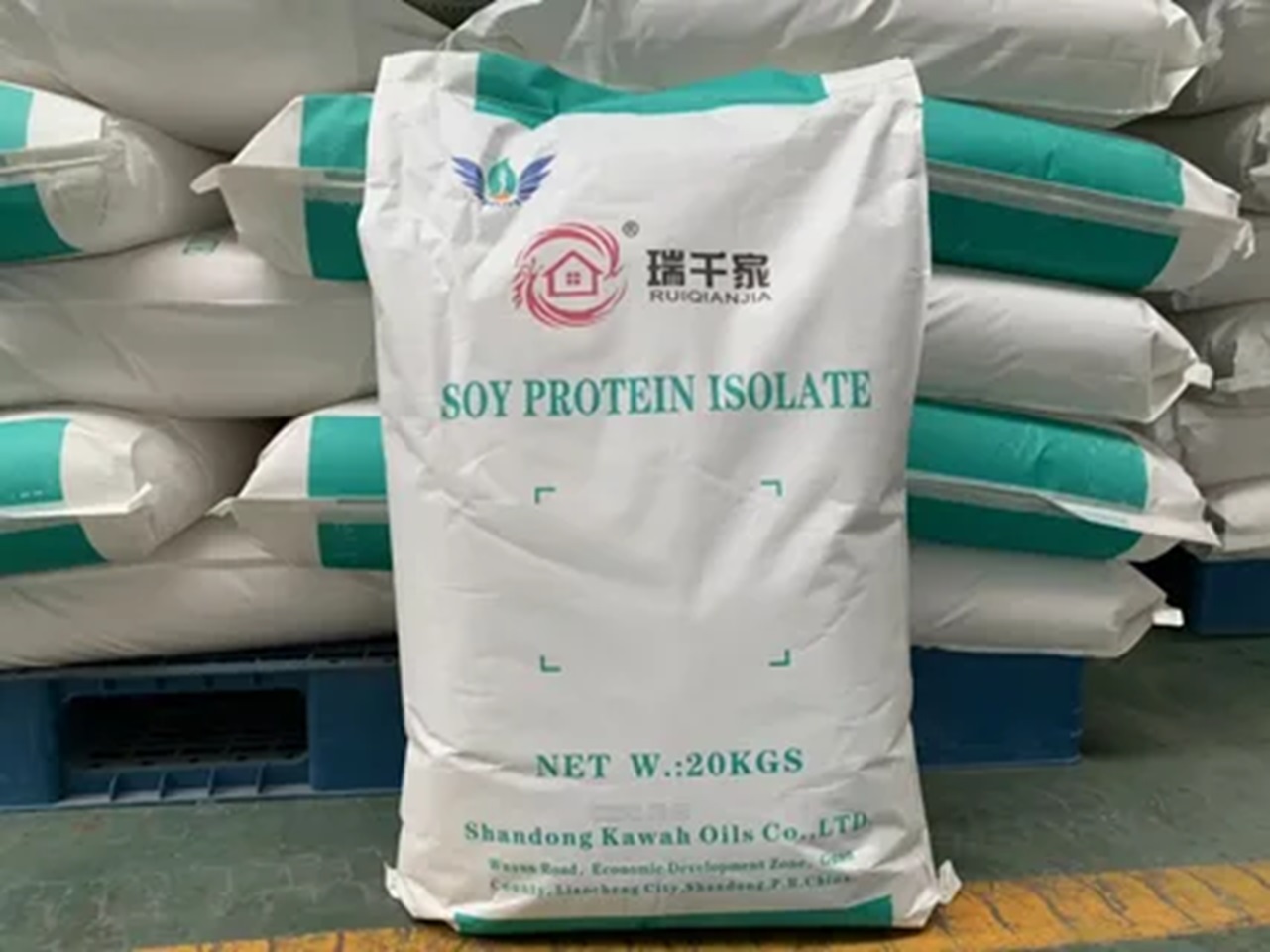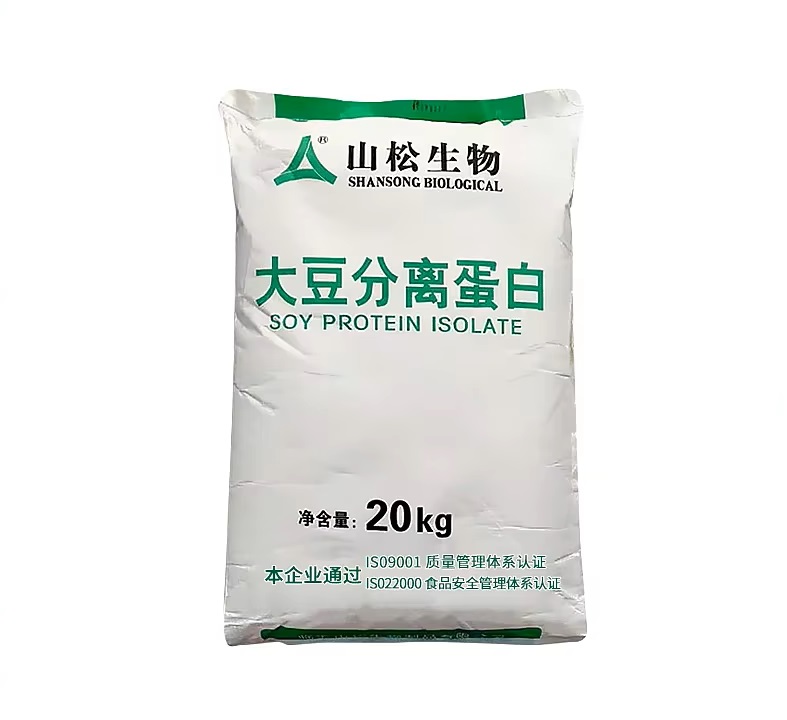We unleash your business potential by maximize the business innovation.
Send EmailConcentrated Soy Protein, Soy Protein Isolate,Soy Protein Concentrate, CAS Nr 7558-79-4, 9010-10-0
CAS NO.7558-79-4
SOY PROTEIN ISOLATE
CAS: 9010-10-0
soya protein isolated - Names and Identifiers
| Name | SOY PROTEIN ISOLATE |
| Synonyms | Soya protein SOY PROTEIN ISOLATE ISOLATED SOY PROTEIN soya protein isolated Isolated Soy Protein protein |
| CAS | 9010-10-0 |
| EINECS | 232-720-8 |
What is Soy Protein? What is Soy Protein Isolate?
Soy protein is proteins obtained from the soybean (Glycine max) plant. Soybean is a plant source rich in protein and therefore plays an important role in the food industry. It can be used in many different food products and can be preferred as an alternative protein source instead of meat or together with meat.
It is basically found in two main types:
Isolated Soy Protein (Soy Protein Isolate): This type contains protein obtained from soybeans in a high purity. The fat and carbohydrate content is minimized and is generally characterized by its high protein content. Isolated soy protein can be used in many different food products, it is especially popular as a protein source for vegan and vegetarian diets.
Concentrated Soy Protein (Soy Protein Concentrate): This type is a protein source with less purity than isolated soy protein. Its fat and carbohydrate content is higher. Concentrated soy protein can be found in many food products such as sausages, meat substitutes and bakery products.
It is considered a high-quality plant-based protein source and also has properties that are beneficial to health. It can be especially rich in low saturated fat content, fiber, and plant components (such as isoflavones). For this reason, soy protein has been associated with various health benefits such as supporting heart health, regulating cholesterol levels and preventing some types of cancer.
What is Soy Protein Isolate?
It is a highly purified form of protein obtained from soybeans. When isolated, fat and carbohydrate content are minimized, resulting in a product containing 100% protein. This is an ideal option especially for those who need a high-protein diet.
Uses
Soy protein is an important protein source for vegetarian and vegan diets.
It is widely used as an alternative protein source instead of meat or with meat.
It is a preferred protein for sports nutrition and muscle development.
In the food industry, it is found in many products such as sausages, hamburgers, vegetarian patties, and bakery products.
It can offer a number of health benefits:
It supports heart health with its low saturated fat content.
Its fiber content improves the digestive system.
Isoflavones can help maintain hormone balance.
Frequently Asked Questions:
Can soy protein be consumed if there is a soy protein allergy?
No, those with a soy protein allergy should avoid soy products.
Is soy protein harmful to thyroid problems?
Those with thyroid problems should consult a doctor before consuming soy products.
Can soy protein help with weight loss?
Soy protein can help with weight control by increasing the feeling of fullness.
How much soy protein should be consumed daily?
In general, an average of 50 grams of soy protein is recommended, depending on your daily protein needs.
Soy protein can be an important part of a healthy eating plan. However, it is always important to consult a health professional before making any dietary changes.



